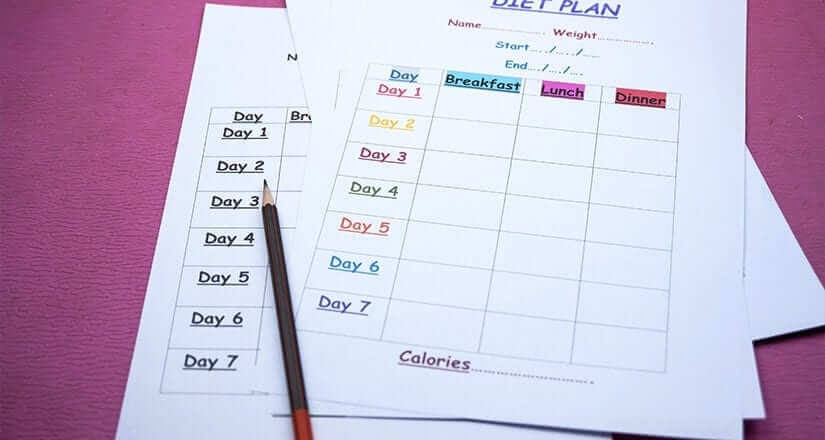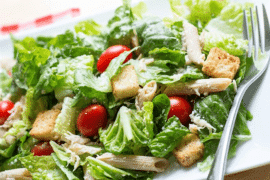Is Your Lunch as Healthy as you Think? A Teacher’s Eating Habits Checklist
Consider the third grade teacher who is slim, seemingly fit, and bringing salads to school every day. At first glance we might assume she was a “healthy eater:” a perennial challenge for the mostly sedentary lifestyle of the average teacher. What if I told you that that Mrs. X was actually at risk of sub-optimal nutrition according to our current understanding of health and the food industry?
Here is a checklist to consider for your own health:
- Do I consume processed foods for more than 10% of my diet? This means anything in a can, a jar, a box, or not straight out of the garden?
- Do I consume red meat and milk without knowing the research on the protein casein, associated as a direct link to cancer (rates expected to double by 2026).
- Do I eat wheat, an ingredient found in nearly every shelf item in our grocery stores, related to the recent spike in gluten related problems?
- How much sugar do I consume in my diet, considering all the sources of sugar such as flour, starch, and processed foods? Sugar is a more addictive substance than crack or heroin.
- Do I know if the vegetables I consume are GMO free? GMO’s are genetically modified organisms such as the mutation of certain seeds to produce pesticides from within.
- Did you know that because of soil depletion, the average fruit or vegetable does not contain the nutrients it did ten years ago, hence the need to eat more?
- Does at least 20% of my diet include raw vegetables, which the body needs for antioxidants and a strong immune system?
- Do I eat any fermented foods, which historically have boosted immune systems before refrigeration? Over 80% of our immune system is in our ‘gut,’ requiring probiotics from fermented food to thrive.
So that salad that Mrs. X is eating might seem healthy, but it contains iceberg lettuce, which is at the opposite end of the continuum for health than its cousin romaine lettuce. The greens aren’t organic and have come from soil a thousand miles away with diminishing returns for nutritional value. She eats a big meal of red meat at night and drinks milk every morning. She lacks the fermented foods to keep her nutrition strong and in spite of an unknown gluten intolerance, keeps eating foods high in flour.
Don’t take your health for granted. There is a lot to learn about health and the food industry that can extend your life and prevent suffering. As an educator you also want to model and promote this knowledge to your students.
For more information, please contact coach@teachercoach.com for a full list of documentaries, books and articles on these and other health related topics.
Editor’s Note: The list in this story was compiled using the following sources:
Joel Fuhrman, M.D.: https://www.drfuhrman.com/shop/products/101/super-immunity
World Health Organization: http://www.who.int/mediacentre/news/releases/2003/pr27/en/
Movie by Bill Benneson: Dirt: http://www.dirtthemovie.org/
Movie by Marissa Miller: Vegucated
This article is written by Jared Scherz, Ph.D., M.Ed. and CEO, of TeacherCoach a professional and personal teacher health site.





